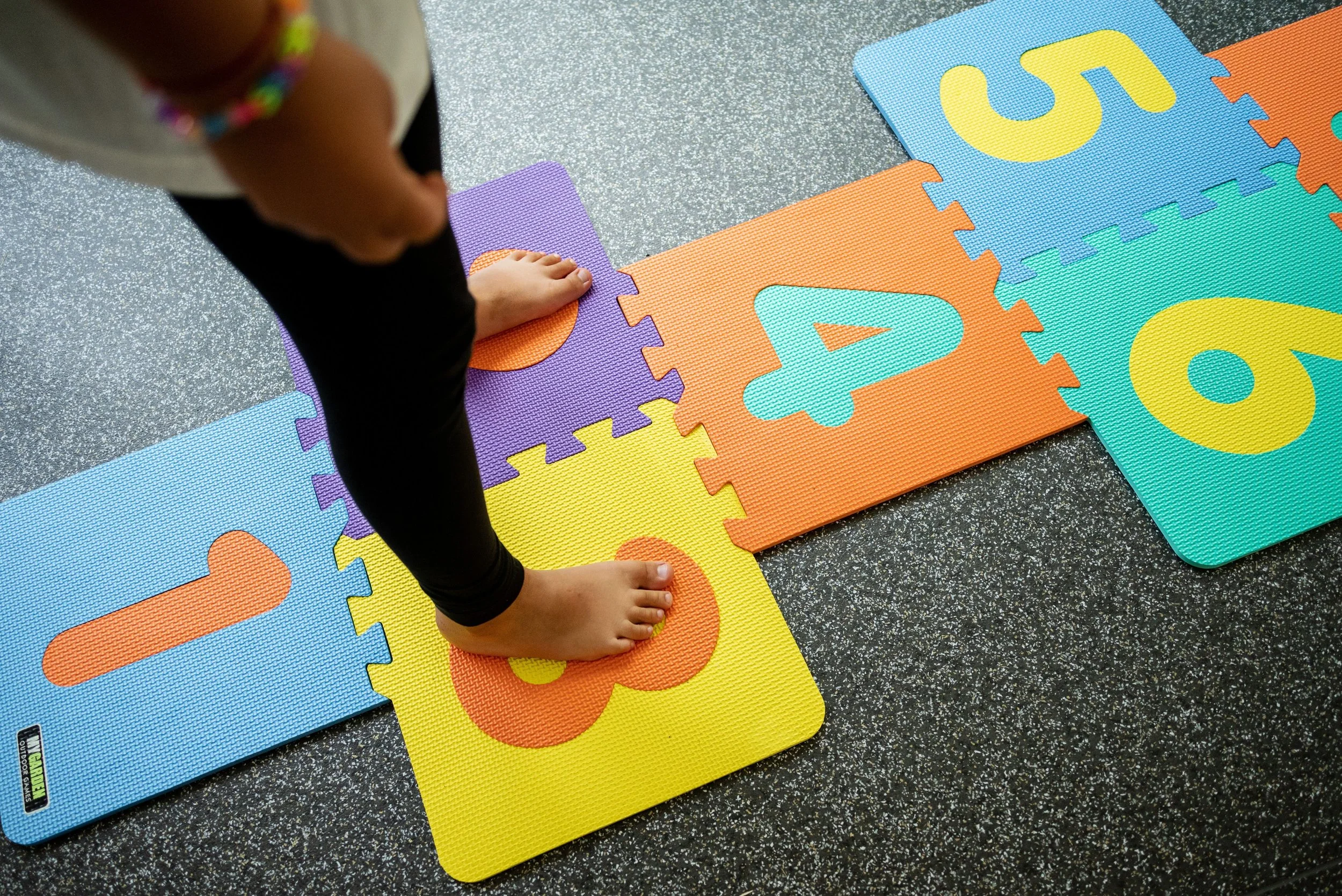Learn about the common conditions treated…..
-
Plagiocephaly is a flattening on one side or the back of a baby’s head, often due to lying in the same position. While usually harmless, early physiotherapy can help improve head shape through repositioning techniques and exercises to encourage a full range of neck movement.
-
Torticollis is when a baby has a persistent head tilt or always turns their head to one side, often due to tightness in the neck muscles. Physiotherapy helps by gently stretching and strengthening the muscles to promote balanced movement and prevent associated issues like plagiocephaly.
-
Positional talipes refers to feet that appear turned in or down at birth, typically caused by the baby’s position in the womb. It differs from structural talipes (clubfoot) and usually responds very well to early physiotherapy through gentle stretches, positioning advice, and parental guidance.
-
Some children may reach milestones such as rolling, sitting, crawling, or walking later than expected, or appear clumsy and uncoordinated. This may be due to general developmental delay or a specific condition like Developmental Coordination Disorder (DCD), which affects the ability to plan and execute motor tasks.Physiotherapy provides assessment and targeted activities to support strength, balance, and coordination, helping your child move with greater ease and confidence.
-
These are common foot and leg variations in young children and often resolve with age. However, if they are persistent, cause discomfort, or affect walking patterns, physiotherapy can help by assessing alignment and providing guidance on footwear, strengthening, and activity modifications.
-
Changes in leg shape are a normal part of early development, but in some cases—especially when asymmetrical or severe—they may require monitoring. A physiotherapy assessment can provide reassurance or intervention if needed, such as exercises to support healthy alignment and strength.
-
Hypermobility refers to joints that move more than usual. While often harmless, it can cause pain, fatigue, and coordination difficulties in some children. Physiotherapy helps by building joint stability, improving muscle strength, and supporting participation in everyday activities.

